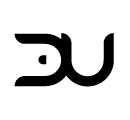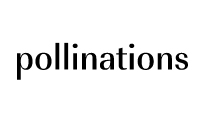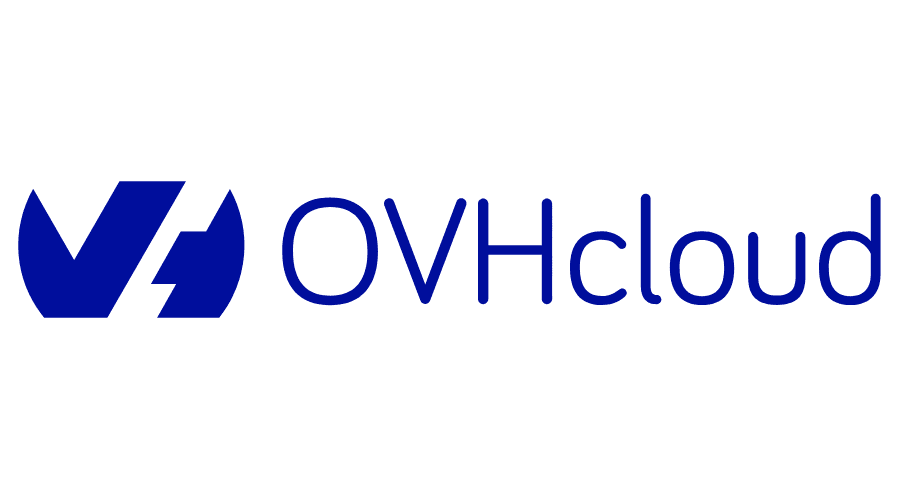Each start-up, irrespective of its team, its business model, or its network, needs capital. The advent of blockchain has opened the doors for novice ways of funding early-stage projects. In the course of the past 6 months we have received multiple Ocean Protocol DAO grants, and therefore can share our perspective of how a decentralized community can help projects prosper. As such, today, we want to break down some aspects to consider when looking to get decentralized early stage funding for your start-up.
DAOs pave the way for a new form of venture funding
DAOs, short for decentralized autonomous organizations, are a novice, bottom-up approach for community governance and decision making. Wikipedia defines it as “[…] an organization constructed by rules encoded as a computer program that is often transparent, controlled by the organization’s members and not influenced by a central government.”
Some DAOs also provide funding means for ideas that strive to enrich the DAO’s ecosystem. DAO members, i.e. token holders, can decide on which ideas appear the most promising, and vote accordingly during DAO proposal rounds, so that the teams proposing these ideas receive funding. The financial means stem from the community treasure, a fund collectively managed by the DAO, which contains tokens from an ICO or retained network fees.
WeDataNation x Ocean Protocol
WeDataNation is a start-up focused on enabling internet users to monetize their data and generate passive income. The Web2 & Web3 user data will be uploaded, anonymized and secured, so that WDN’s clients can analyze the data in a privacy preserving manner to receive authentic insights. As such, with their vision in mind, WDN quickly identified the emerging Ocean Protocol ecosystem as an ideal partner to collaborate with. Ocean Protocol is a platform and marketplace that facilitates the decentralized provision and exchange of data, utilizing blockchain technology that enables it to be shared and sold for AI training purposes in a secure, safe, and transparent manner.
But for now, let’s rewind, and take a look at some general aspects worth considering when wanting to enter a DAO ecosystem as a start-up.
1. Is it really the right fit, or do you just want “easy” money?
Upon making a final decision to join a particular DAO ecosystem, it’s sensible to take a step back and critically scrutinize whether the DAO is the right fit for you, and whether you can easily see yourself in this ecosystem 10 years from now. As a quick orientation, we recommend focusing on at least 3 main pillars:
- Tech: Does the underlying blockchain infrastructure support your ambitions? To give you a simple example – if your utmost priority is full decentralization, it might make sense not to build on certain layer-1 blockchains that focus on scalability and transaction speed at the cost of decentralization.
- Vision: Do the DAOs goals and core values align with yours? In WDN’s case, both WDN and Ocean Protocol want to empower individuals to regain control of their data, and make it a new asset class.
- Ecosystem: What kind of people does the DAO ecosystem encompass? Are there a lot of active developers that you could reach out to? Is there any geographical area the DAO is primarily focused on? Which are external advocates and advisors of the DAO? How easy is it to get in touch with them? Generally, approachability and openness of a DAO is key. An exclusive DAO that is not looking to broaden its scopde and constantly attract new members is usually not a good fit.
2. Identifying projects to partner up with
After you’ve decided on a DAO community to join, it’s best to conduct a top-down analysis of all projects within the ecosystem. You can start with the biggest projects, and then keep digging deeper until you’ve identified all projects affiliated with the DAO. Subsequently, reach out to them. You can either contact those projects you are hoping to establish a relationship for your start-up with, but likewise, look for projects for which you might be of use, be it due to your professional network or your know-how (remember, it’s always worthwhile leaving a good impression with DAO members, as they, being the token holders, ultimately get to decide on the projects the DAO funds and supports. And, of course, they might know certain community members that you were not aware of that could be highly conducive to your endeavor). That way, you will get a better sense of how DAO projects operate, and which unmet needs and niches exist in the ecosystem.
3. Spread the word about your idea
In addition, you should use every opportunity at your disposal to make the DAO members aware of your idea. Join communities on Discord, Telegram, niche, Reddit, and so on. Ideally, you want to get in touch with admins and well-connected people, since there’s heavy reliance on word of mouth, even more so when you are in an early-stage with no revenue and product to showcase.
If you can, participate in as many community events as possible: hackathons, pitch days, town hall meetings (virtual ones, usually ;)), you name it.
4. Community Engagement
Always remember – there is no free lunch. That is, you can significantly boost your outreach and status in a DAO community if you provide some additional, practical value. It comes in handy that most programs do in fact offer their in-house ambassador programs, in the wake of which community members can complete tasks for financial compensation. Of course, you might be offered tedious, unattractive tasks at first, but usually, sooner than later, you will also come across tasks with an excellent “ROI”, so to say. WeDataNation identified the translation of the quite techy Ocean Protocol blog articles into German as a great contribution to the ecosystem’s expansion. WeDataNation posted a lot of translated posts on their Medium. This benefited them in multiple ways: In addition to staying in constant touch with the Ocean community and contributors, WeDataNation could generate a little bit of extra income. Since they are paid in mOCEAN tokens, they are able to gradually increase their voting power for DAO proposals.
Some finishing words
Lastly, we want to appeal to your morals. Receiving funding from a DAO is based on trust, integrity, and authenticity. Even though every start-up needs money to survive, another core force driving you should be your genuine interest to help the community expand, not to make some fast money. If we want DAO to become a funding means with long-term prospects, we need to do it right from the start. Committing to a DAO has far-reaching consequences and is an appeal to every Web3 Founder’s sense of honor to live and value the principles and values of these new collaborative ecosystems. DAOs are an opportunity to achieve something collectively – not to exploit the weaknesses of the community for individual gain. In case you want to take a look at a comparison between venture capital and token based funding, check out this article.

About WeDataNation
WeDataNation’s mission is to enable individuals to unfold the true value and potential of the data they generate. The world’s first AI-generated avatar based on each user’s unique dataset of interests, behaviors, interactions, and more is just one of the many visualization features we offer. With WeDataNation, users will finally receive the tools to easily analyze their data and generate passive income.
For more content, follow us on LinkedIn, Twitter, or Instagram.
About Blockchain Founders Group
Blockchain Founders Group is an European company builder and venture capital investor. We believe that blockchain is the biggest investment opportunity over the next decades. Our DNA is composed of academic and regulatory drivers of the blockchain economy as well as ambitious entrepreneurs and venture capitalists. As company builders, we turn blockchain ideas into companies after having vetted them thoroughly with our entrepreneurs in residence and advisors. As venture capital investors, we finance founder teams in the pre-seed/seed stage in the traditional venture capital way coupled with our understanding and active commitment as co-founders.For more content, follow us on LinkedIn, Medium, or Twitter.



